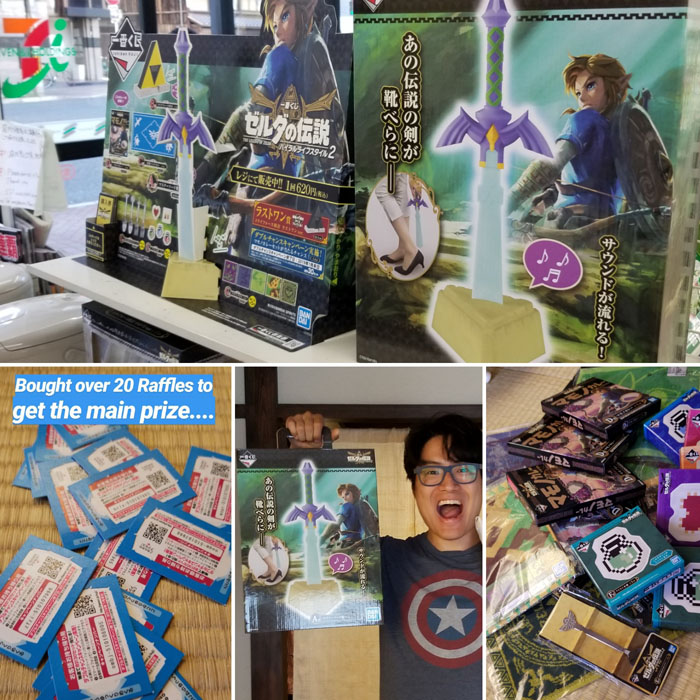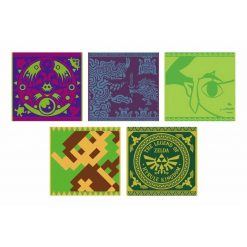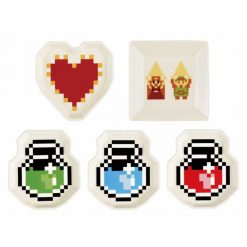
There it was. A Master Sword shoehorn that was targeted to prey on the devoted Zelda fanatics willing to throw money at Nintendo’s carefully devised licensing cash grab schemes.
Little did I know, this would not be an easy acquisition. Picture this: I’m meandering through the streets one early morning and happen upon a 7-Eleven. Except that I’m in Kyoto and this 7-Eleven is stocked with products that could only be found in the likes of a Japanese convenience store. And on display, the crowning glory of this Zelda product line, the Master Sword shoehorn. My brain had filed away reading about this particular item in my monthly subscription of Game Informer.
Checking my frustrations at the shortcomings of American 7-Elevens, I grabbed all the items from the shelf and walked briskly over to the bewildered clerk. What I didn’t expect was to be hit with a tsunami (pardon my choice of words) of Japanese that could only be understood to be a chastising of some wrongdoing.
After a Google Translate-guided exchange, I swallowed my disappointment upon learning these were promotional items only acquired via a lottery raffle system called Ichiban Kuji. “So there is a chance” is all that I registered. I gave the clerk my credit card and instruction to swipe until I won the particular raffle for this elusive shoehorn. An eternity of swipes later, having run through many of the lower-tier prizes, I returned victoriously to my hotel with that Master Sword shoehorn in hand. I’d bring it back home with me to – obviously – keep it in its original packaging and admire. Surely there would be no issue at customs explaining the nature of said sword in a box.
TL;DR: serendipity coupled with persistency means you too, can achieve your dreams.
-
 Ichiban Kuji THE LEGEND OF ZELDA Hand Towel$8.00
Ichiban Kuji THE LEGEND OF ZELDA Hand Towel$8.00 -
 Ichiban Kuji THE LEGEND OF ZELDA Small DishProduct on sale$9.50 – $12.00
Ichiban Kuji THE LEGEND OF ZELDA Small DishProduct on sale$9.50 – $12.00



